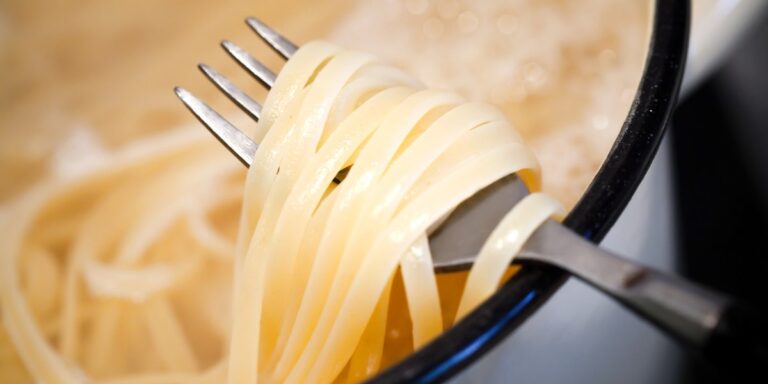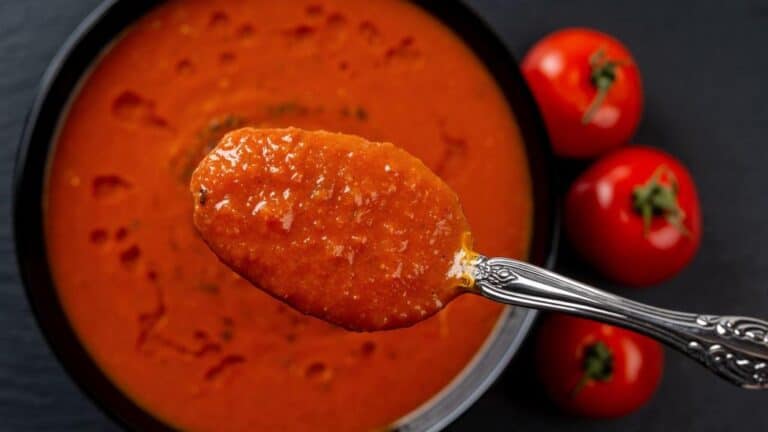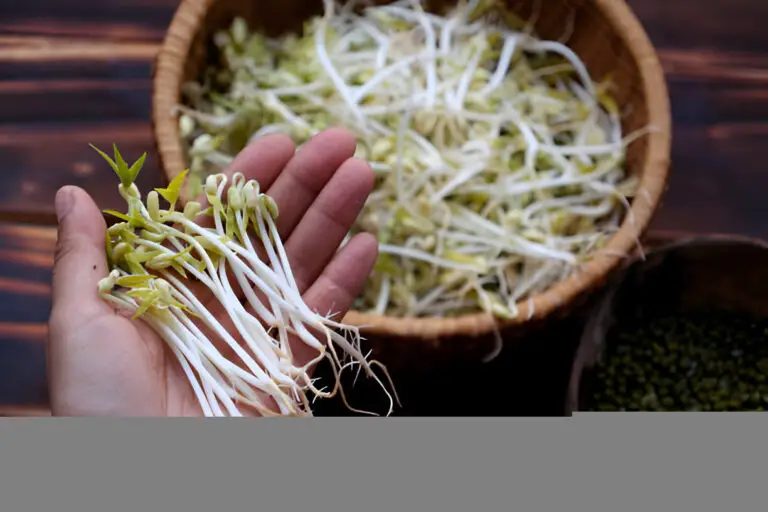Should I Boil Brussel Sprouts Before Roasting? Secrets Revealed
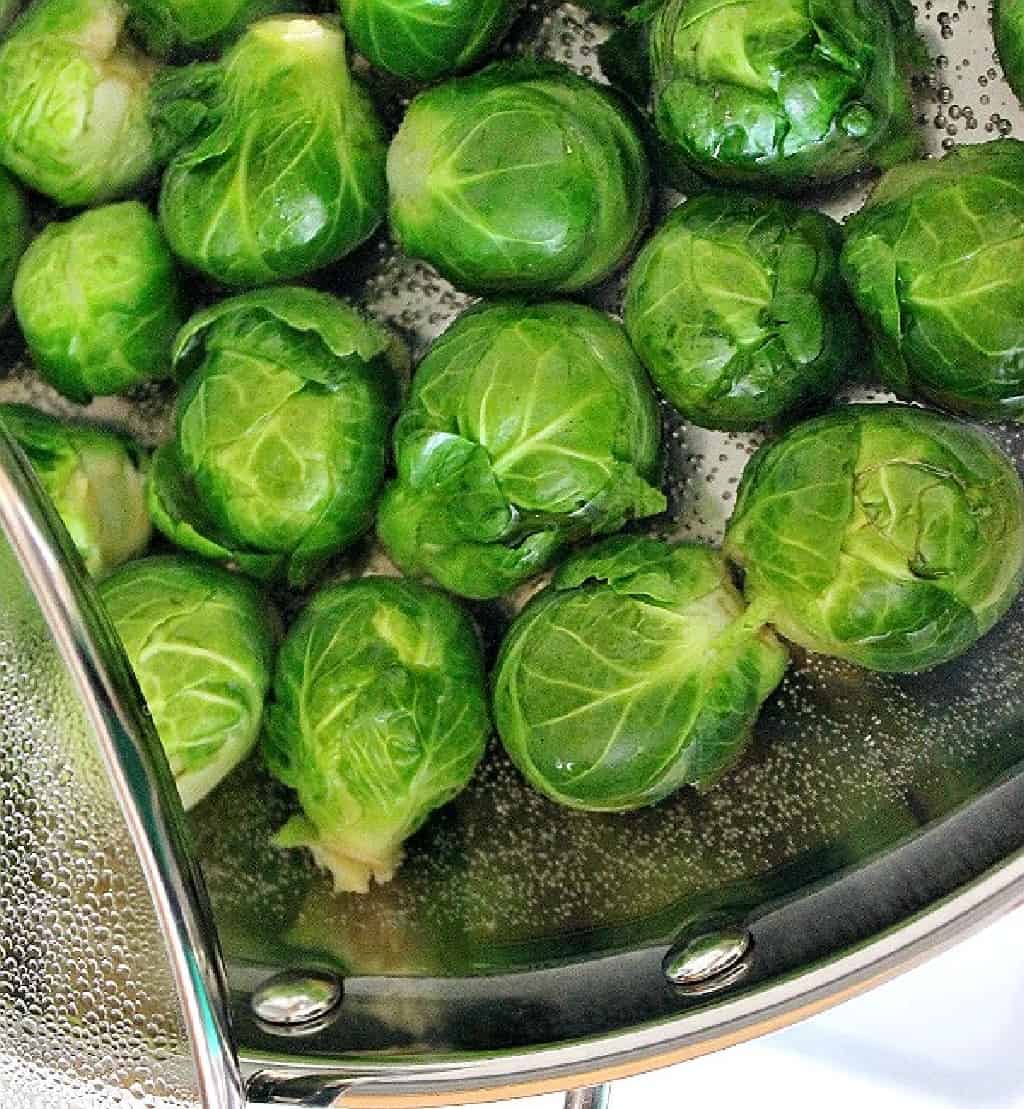
Are you ready to unlock the secrets to achieving the most delectable roasted Brussels sprouts? The culinary world is filled with debates, and one that frequently arises is whether or not to boil these vibrant green gems before subjecting them to the heat of the oven.
Well, today is the day when we peel back the layers of mystery and reveal the truth. Should you boil Brussels sprouts before roasting? Prepare to have your taste buds tantalized and your cooking skills elevated as we embark on a flavorful journey together.
Yet, when it comes to preparing these little powerhouses of nutrition, opinions diverge. Some swear by boiling them before roasting, while others argue that it’s an unnecessary step. It’s time to dive deep into the world of Brussels sprout preparation and uncover the truth. Are you ready? Let’s uncover the secrets behind the perfect roasted Brussels sprouts!
The Case for Boiling Brussels Sprouts
Boiling Brussels sprouts before roasting is a technique that some cooks swear by. Advocates of this method argue that it helps to soften the sprouts, making them more tender and easier to digest. Additionally, boiling can remove any bitterness that Brussels sprouts might possess, resulting in a milder flavor profile.
Here are some benefits of boiling Brussels sprouts before roasting:
- Tender and Evenly Cooked: Boiling can partially cook the sprouts, ensuring that they cook evenly when roasted. This can prevent the outer leaves from becoming charred while the inner ones remain undercooked.
- Reduced Bitterness: Boiling Brussels sprouts can help reduce their natural bitterness, resulting in a more pleasant and balanced flavor.
- Enhanced Digestibility: Some individuals find that lightly boiling Brussels sprouts before roasting makes them easier to digest, reducing the chances of experiencing digestive discomfort.
The Drawbacks of Boiling Brussels Sprouts
While boiling Brussels sprouts can have its advantages, it also comes with a few drawbacks. It’s important to consider these factors before deciding whether or not to incorporate boiling into your roasting routine.
- Loss of Nutrients: Boiling vegetables can cause the loss of water-soluble vitamins and minerals, which leach into the cooking water. If you choose to boil Brussels sprouts, consider using the cooking water in other dishes to retain some of the nutrients.
- Potential for Overcooking: Boiling Brussels sprouts for too long can lead to overcooking, resulting in a mushy texture of Brussels sprouts. You need to monitor the cooking time carefully to ensure the sprouts maintain their desired texture.
- Extended Preparation Time: Boiling Brussels sprouts before roasting adds an extra step to the preparation process, which may not be ideal for those seeking a quick and efficient cooking method.
How to Properly Boil Brussels Sprouts for Roasting
1. Selecting fresh Brussels sprouts:
To ensure the best results, start with fresh Brussels sprouts. Look for firm, compact sprouts with vibrant green leaves. Avoid sprouts with signs of wilting, discoloration, or insect damage. The size of the sprouts is a matter of personal preference, as smaller ones tend to be more tender, while larger ones offer a heartier bite.
2. Preparing the Brussels sprouts for boiling:
Before boiling, trim the stems of the Brussels sprouts and remove any loose or damaged outer leaves. Rinse Brussels sprouts thoroughly under cold water to remove any dirt or debris. If desired, you can also make a shallow “X” incision at the bottom of each sprout to promote more even cooking.
3. Boiling techniques and cooking times:
To boil Brussels sprouts for roasting, follow these simple steps:
- Fill a large pot with water and add a generous amount of salt. The water should be enough to fully submerge the Brussels sprouts. Soak Brussels sprouts in salt water for about 15 minutes before starting to boil them.
- Bring the water to a rolling boil over high heat.
- Carefully add the prepared Brussels sprouts to the boiling water.
- Boil Brussels sprouts for about 3-5 minutes, depending on their size. The sprouts should be slightly tender but still retain some firmness.
- Test the doneness by inserting a fork or skewer into a sprout. It should offer slight resistance.
- Once the sprouts are cooked, immediately drain them in a colander and transfer them to a bowl of ice water to stop the cooking process.
- After a couple of minutes, drain the sprouts again and pat them dry with a clean kitchen towel or paper towels.
- Now, your Brussels sprouts are ready to be roasted or prepared using your preferred cooking method.
The Alternative: Roasting Brussels Sprouts without Boiling
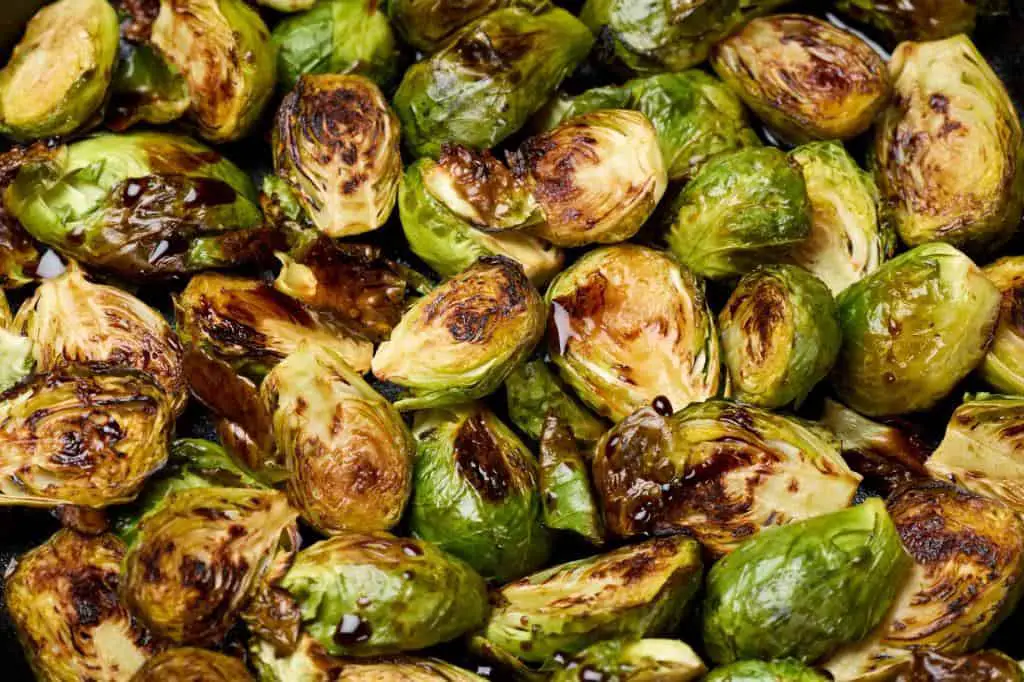
On the other hand, many chefs and home cooks prefer to skip the boiling step altogether and roast Brussels sprouts directly. This approach can yield delicious and satisfying results while saving time and preserving the sprouts’ inherent nutrients.
Consider these advantages of roasting Brussels sprouts without boiling:
- Intensified Flavor: Roasting Brussels sprouts allows them to develop a rich and caramelized flavor, with a slightly crispy exterior and a tender interior. This method enhances the natural sweetness and nuttiness of the sprouts.
- Time Efficiency: By skipping the boiling step, you can reduce the overall preparation time, making roasting a quicker and more convenient option.
- Retained Nutritional Value: Since roasting requires no water, the nutrients in Brussels sprouts remain largely intact. This means you can enjoy the full nutritional benefits of these vibrant green gems.
Read: The Benefit of Vacuum Seal Brussel Sprouts
Finding Your Perfect Preparation Method
Now that we have explored both sides of the boiling debate, it’s time to make a decision based on your personal preferences and cooking style. Here are a few tips to help you find your perfect preparation method for Brussels sprouts:
- Experiment and Explore: Don’t be afraid to try different methods and recipes to discover what works best for you. You may find that boiling works wonders for certain dishes or occasions, while roasting Brussels sprouts without boiling suits others.
- Consider the Dish: The choice between boiling and roasting can also depend on the specific dish you’re preparing. For example, if you’re making a creamy Brussels sprout gratin, boiling the sprouts first can help ensure they are fully cooked and tender. On the other hand, if you’re looking for a crispy and caramelized side dish, roasting without boiling might be the way to go.
- Tailor to Your Taste: Your personal taste preferences play a significant role in determining whether to boil or not to boil. If you enjoy a milder and less bitter flavor, boiling can help achieve that. However, if you appreciate the natural robustness and slight bitterness of Brussels sprouts, roasting them without boiling might be more suitable.
- Embrace Variety: Remember that variety is the spice of life. Don’t limit yourself to just one method—feel free to alternate between boiling and roasting depending on your mood, the dish you’re preparing, or the occasion.
Popular Recipes and Variations for Roasted Brussels Sprouts
Roasted Brussels sprouts are incredibly versatile, and there are countless delicious recipes and variations to explore. Here are a few popular ones:
a. Classic Roasted Brussels Sprouts with Olive Oil and Garlic: This simple and flavorful recipe involves tossing Brussels sprouts with olive oil, minced garlic, salt, and pepper. Roast them until golden brown, and enjoy the irresistible combination of crispy exterior and tender interior.
b. Flavorful Additions: Enhance the taste of roasted Brussels sprouts by incorporating additional ingredients. Try adding crispy bacon bits, grated Parmesan cheese, balsamic glaze, or toasted nuts like almonds or pecans. These additions bring unique flavors and textures to the dish, taking it to another level of deliciousness.
c. Exploring Different Cuisines and Unique Flavor Combinations: Brussels sprouts are incredibly versatile and can be infused with flavors from various cuisines. Consider adding Asian-inspired elements like soy sauce, ginger, and sesame oil for a savory twist. Or experiment with Mediterranean flavors by incorporating sun-dried tomatoes, feta cheese, and fresh herbs like basil or oregano. Don’t be afraid to get creative and explore unique flavor combinations to suit your taste preferences.
Conclusion
The decision of whether to boil Brussels sprouts before roasting ultimately depends on your personal preferences and desired outcome. Boiling can help achieve tender and milder sprouts while reducing bitterness, but it may lead to nutrient loss and require additional cooking time.
On the other hand, roasting without boiling intensifies the flavors and preserves the nutritional value of the sprouts, offering a crispy and caramelized texture.
To summarize, both boiling and roasting Brussels sprouts before cooking have their merits. Boiling can yield tender and milder sprouts, while roasting without boiling intensifies their natural flavors. Consider your desired taste, texture, and the specific dish you’re preparing to make an informed decision.
Don’t be afraid to experiment and try both methods to see which one suits your taste and the specific dish you’re preparing. Remember to consider factors such as flavor, texture, convenience, and the nutritional benefits you’re seeking.
With some culinary creativity and an open mind, you can find the perfect balance between boiling and roasting to create mouthwatering Brussels sprout dishes that will leave your taste buds satisfied.
So, whether you choose to boil Brussels sprouts before roasting or opt for the direct roasting method, enjoy the cooking process, embrace your culinary explorations, and savor the delightful flavors that Brussels sprouts have to offer.
FAQs
How long should I roast Brussels sprouts?
The roasting time depends on the size of the sprouts and your desired level of doneness. Generally, roasting Brussels sprouts at 425°F (200°C) for 20-25 minutes, tossing them halfway through, should yield nicely caramelized sprouts with a tender interior.
What seasonings work well with roasted Brussels sprouts?
Various seasonings compliment roasted Brussels sprouts, such as garlic, lemon zest, balsamic glaze, Parmesan cheese, or bacon. Experiment with different flavor combinations to find your favorite.
Can I roast frozen Brussels sprouts?
Yes, you can roast frozen Brussels sprouts. However, keep in mind that frozen sprouts may have a higher water content, which can affect the overall texture. It’s recommended to thaw and pat them dry before roasting for better results.
How do I prevent Brussels sprouts from becoming too bitter when roasting?
To reduce Brussels sprouts bitterness, make sure to select fresh Brussels sprouts and remove any discolored or damaged leaves. Additionally, adding a touch of sweetness, such as a drizzle of honey or maple syrup, during roasting can help balance out any potential bitterness.
Can I roast Brussels sprouts at a lower temperature for a longer time?
Yes, you can roast Brussels sprouts at a lower temperature, such as 375°F (190°C), for a slightly longer time if you prefer a gentler cooking process. Adjust the cooking time accordingly, keeping an eye on the sprouts for the desired caramelization.
Can I reheat leftover roasted Brussels sprouts?
Absolutely! To reheat roasted Brussels sprouts, place them in a preheated oven at 350°F (175°C) for about 10-15 minutes or until warmed through. This will help retain their texture and flavors.


